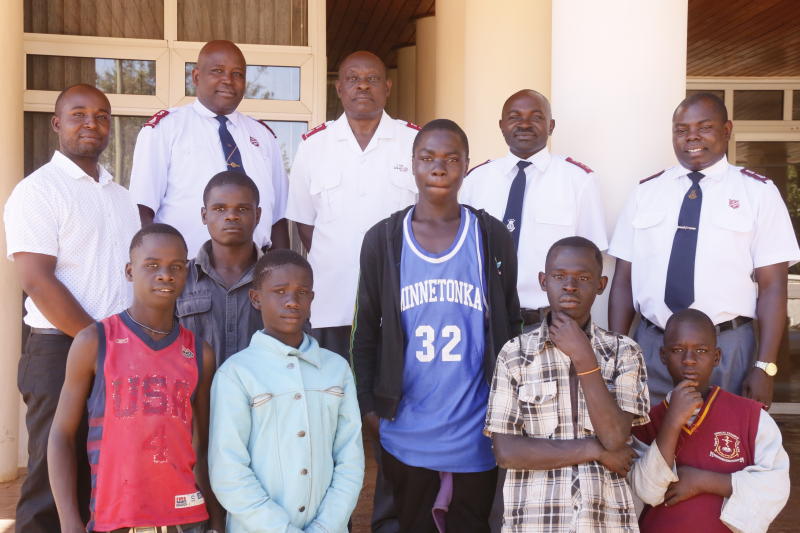×
The Standard e-Paper
Kenya’s Boldest Voice

When KCPE results were released on Monday, Annette Andayo of St Juliet Primary school in Kibra was anxiously waiting.
The circumstances before the exams had been traumatising for her. She had watched her mother’s health deteriorate over the years. Andayo recalls many mornings when her mother would slowly dress up for her job as a cleaner and complain about joint pains.